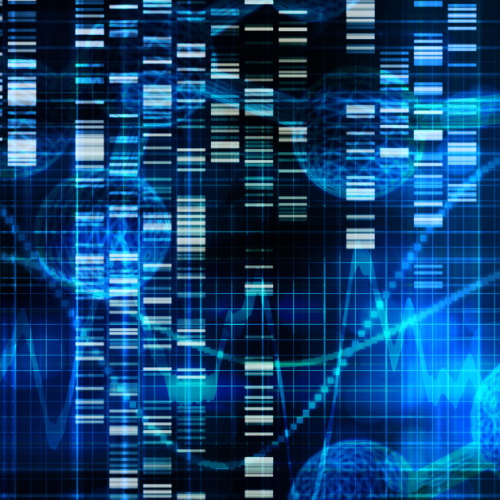Key points from article :
Scientists from Harvard and Columbia have developed a new gene-editing tool called evoCAST. Unlike traditional CRISPR, which cuts DNA, evoCAST can insert entire functional genes into human DNA without cutting, making it potentially safer. This could help treat diseases caused by many different mutations in the same gene, like cystic fibrosis, without needing a separate fix for each mutation.
The system is based on a bacterial tool called a CAST, which naturally moves DNA around. However, CASTs usually don’t work well in human cells. To solve this, researchers used a lab method called PACE to evolve the CAST system over hundreds of generations. The result was evoCAST, which is 200 times more efficient than the original and successfully inserted genes into 12–15% of lab-treated cells.
The team tested evoCAST in genes linked to conditions like Rett syndrome and Fanconi anemia. It also worked in immune cells used for CAR T-cell cancer therapy, showing promise for lab-grown treatments. The study was published in Science and partly funded by the NIH. While early results are promising, much more testing is needed before evoCAST can be used in people. Researchers now aim to improve delivery into specific cells and secure continued funding.







